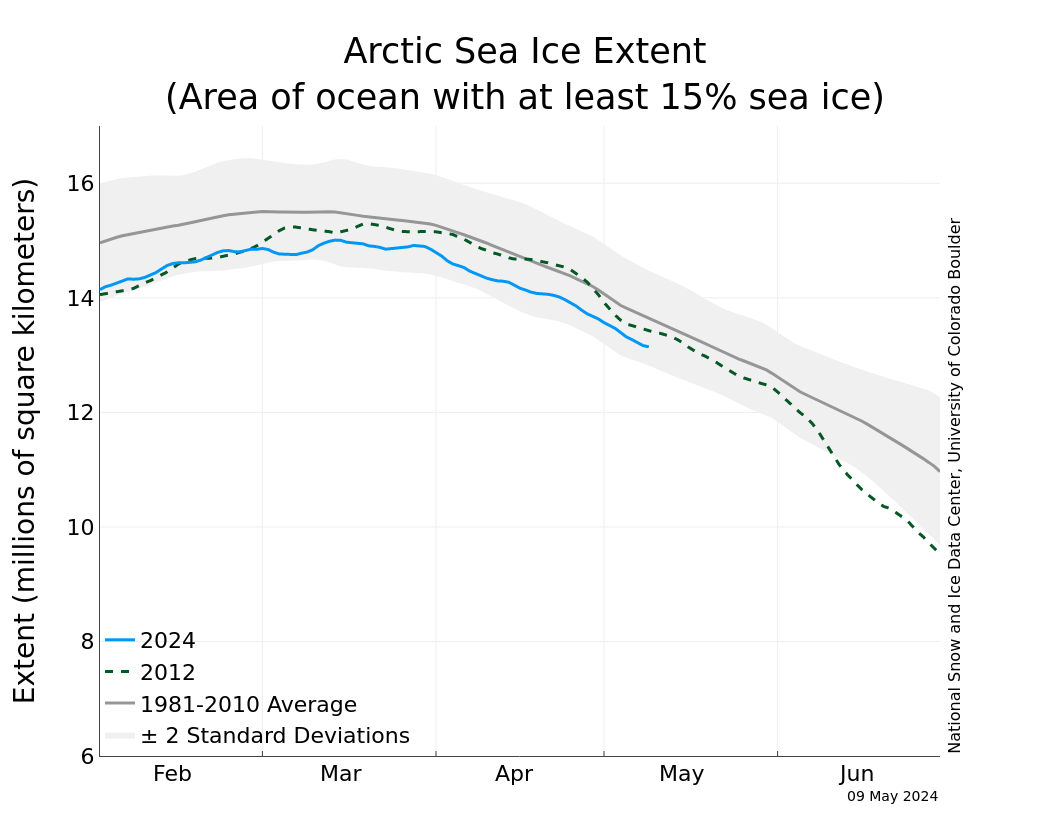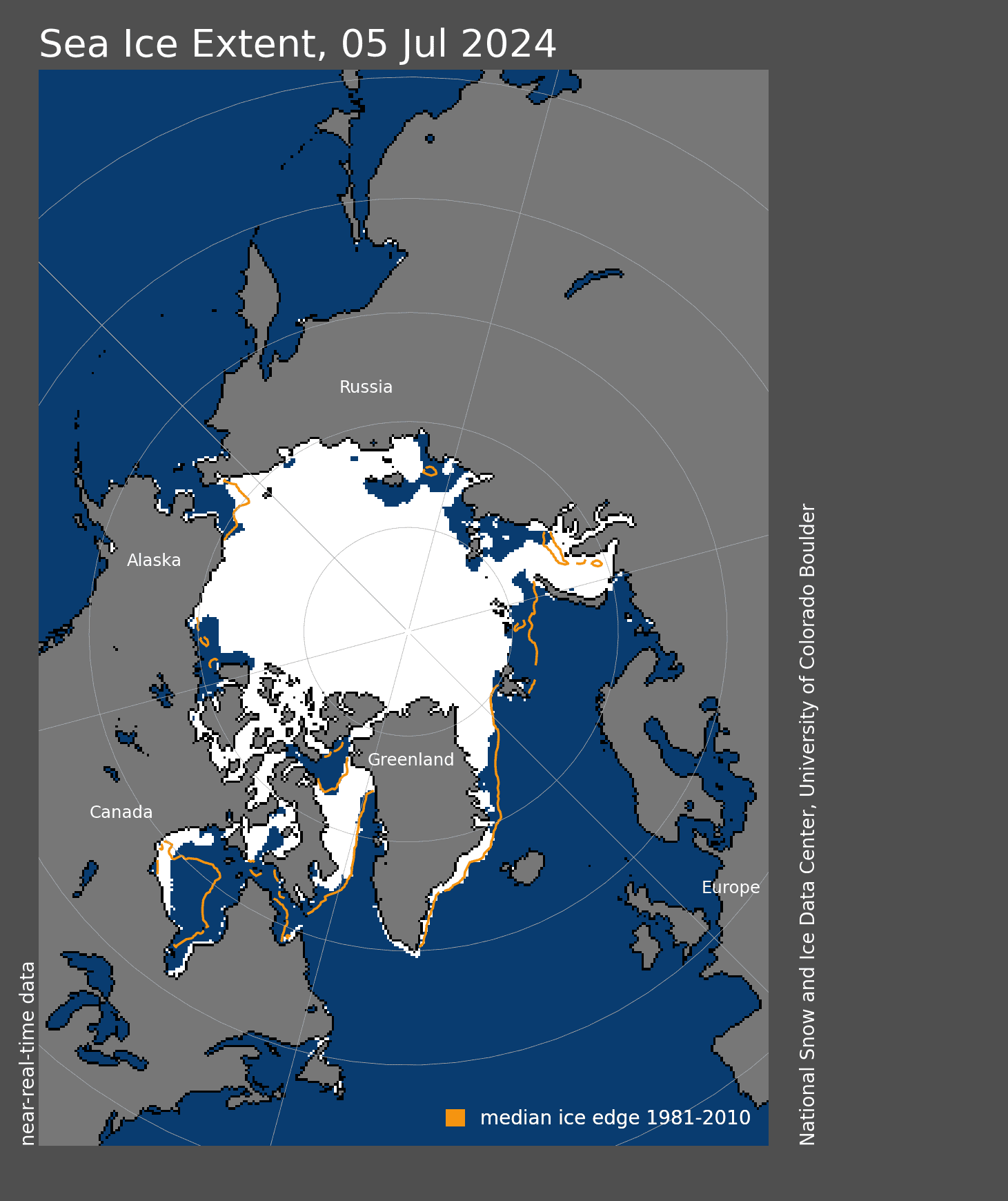The Sun is at its lowest level of activity in 80 years, yet the we have the hottest year on record.
Why?
Because NOAA is only using the weather stations that are located at airports thus benefitting from those wonderful warm acres of tarmac. That's why.
And the why of you posting something like that is that the only way you can argue is to outright lie. The temps that NOAA gets from it's stations have a very good coorelation with the temperatures done by the satellites.
Only In It For The Gold: UAH Temps Remain Extraordinary
Really now? Well lets see here, here's the story of just a single weather station and how its data has been manipulated. Funny how the "researchers" deemed it neccessary to go back a couple of decades to "correct" the readings. WUWT has both the raw NOAA data and the "researchers" "corrected" data. Who's lying there?
And what was that about the satellites? Oh yeah their data has been removed because they are reading 15 degrees to high on average. Are those the satellites you're talking about?
Michigan Sea Grant Coastwatch
So tell me once again who's lying?






